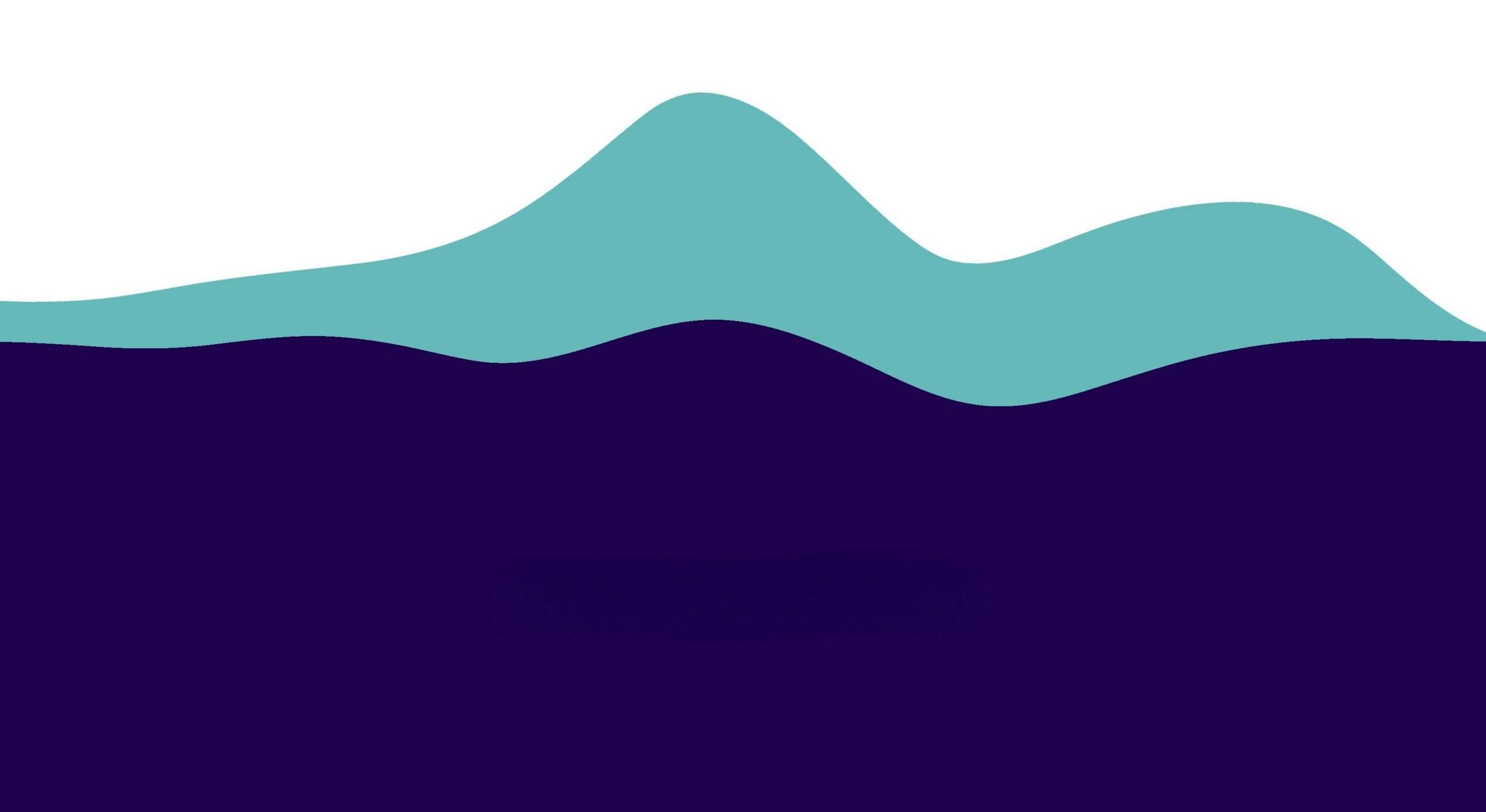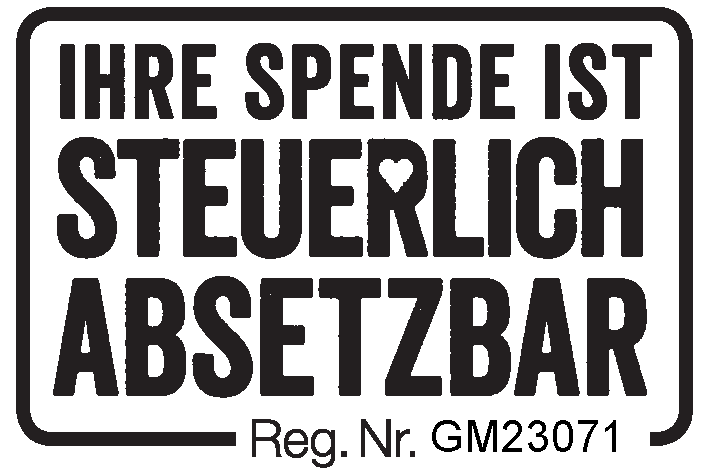On November 25, the world honours the Mirabal sisters—Patria, Minerva, and María Teresa—who were assassinated in 1960 for refusing to accept dictatorship. Their courage sparked a movement. Today, violence against women and girls persists in countless forms across Europe and beyond. But here’s what else persists: our resistance, our vision, and our work.
For 30 years, the WAVE Network has been building alternatives to patriarchal violence. We’ll be building for 30 more, until violence against women is a historical footnote, not a daily reality. That is our vision for the future, and this hope isn’t naive optimism.
Hope is what we practice when we refuse to accept that violence against women and girls is inevitable. It’s what we create when we show each other that another world is already being built, one specialist service, one policy change, one act of solidarity at a time.
The Mirabal sisters didn’t accept the world as it was. Neither do we.
While headlines focus on what’s broken, at WAVE, we’re building what works.
Join us!
We’re building women’s specialist services across Europe
Across 46 countries, over 1,600 women’s organisations in the WAVE Network provide specialist support for survivors of violence—shelters, helplines, rape crisis centres, and women’s support centres. These aren’t generic services. They’re feminist organisations with deep expertise in the gendered dynamics of violence, trauma-informed care, and survivor-centred support. They’re proving every day that safety is possible, that recovery happens, and that women deserve services designed by and for women.
What this looks like: A woman escapes intimate partner violence and finds advocates who understand coercive control, 24/7 helplines staffed by trained women who believe her, safe shelter with holistic support, and pathways to rebuild her life on her own terms.
We’re building evidence through data
WAVE is the only organisation that publishes comprehensive data on women’s specialist services across Europe. Every two years, our Country Report tracks the availability of helplines, shelters, women’s centres, and specialist services for survivors of sexualized violence in 46 countries. We document the gaps. We measure progress against Istanbul Convention standards. We make the invisible visible because you can’t fix what you refuse to count.
What this looks like: Policymakers can no longer claim ignorance about service gaps. WAVE members have evidence to demand increased funding in WSS. Each country knows exactly how many shelter beds are missing, which regions lack services, and where women are being failed by inadequate provision.
We’re building primary prevention that actually prevents
Prevention isn’t just awareness-raising campaigns. Real primary prevention stops violence before it occurs—through feminist self-defence that builds women’s confidence and boundary-setting, through education that challenges gender stereotypes from childhood, through community organising that teaches neighbours to intervene against violence. We’re shifting from telling women to “stay safe” to creating societies where violence against women simply doesn’t happen.
What this looks like: Girls learn consent and bodily autonomy in schools. Boys unlearn entitlement and become active bystanders. Communities are equipped to disrupt violence in real-time, not just respond after harm is done.
We’re building policies that centre survivors
The Istanbul Convention. The EU Directive on Violence Against Women and Domestic Violence. The next Gender Equality Strategy. These legislative and policy frameworks exist because of decades of feminist advocacy. We’re ensuring they’re implemented with teeth: sustainable funding for women’s specialist services, recognition of femicide as a distinct crime, protection for migrant women regardless of status, and comprehensive prevention across primary, secondary, and tertiary levels.
What this looks like: “Only yes means yes” consent laws that recognise freezing during assault isn’t consent. Femicide data collection that’s disaggregated, intersectional, and actually used to prevent deaths. National Action Plans that implement gender equality and combat violence against women and girls in rural areas, as in cities.
We’re building protection for migrant and refugee women
Migrant, refugee, undocumented, women with disabilities, and racialised women face specific forms of violence— discrimination, trafficking, forced marriage, marital captivity, labour exploitation, and institutional violence. Their access to protection shouldn’t depend on their legal status, skin colour or economic background. We’re demanding that EU policies explicitly address their vulnerabilities, that women’s specialist services are funded to reach them, and that care workers, mostly of whom are women and who sustain our economies, receive equal pay, contracts, and labour rights.
What this looks like: A migrant woman fleeing violence can access shelter without fear of deportation. EU policies recognise that 83-95% of domestic and care workers are women, and up to half work without contracts, and this exploitation ends.
We’re building responses to tech-facilitated violence against women
Online violence is an extension of the continuum of violence women already face offline, and young women bear most of the brunt. Over half of girls and young women globally have experienced online harassment, with most first encountering it between ages 14 and 16. Cyberstalking, image-based sexual abuse, deepfakes, coordinated harassment, these aren’t new forms of violence; they’re amplified harms that exploit the very digital spaces young people and adults increasingly use for learning and connection. That is why we’re pushing for platform accountability, safety-by-design online spaces, content moderation that actually protects women, digital literacy that empowers, and EU digital policy that integrates gender perspectives from design to enforcement.
What this looks like: The Digital Services Act treats violence against women as systemic risk across all categories. Platforms face real consequences for enabling harassment. Young people learn to resist online misogyny, not consume it.
We’re building feminist leadership for the next generation
Young feminist leaders aren’t just the future—they’re leading now. Through the WAVE Youth Ambassadors program, young women aged 18-30 across Europe are building campaigns, facilitating trainings, shaping policy conversations, and creating the tools that will sustain feminist movements for decades to come.
This isn’t mentorship from above—it’s intergenerational collaboration. Youth Ambassadors bring expertise on digital spaces, fresh campaign strategies, and lived experience of emerging forms of violence. They’re not waiting for their turn. They’re at the table now, co-designing WAVE’s advocacy toolkit, representing the network at UN and EU forums, and proving that young feminists are essential to—not just beneficiaries of—the movement to end violence against women and girls.
What this looks like: A 22-year-old Youth Ambassador from Cyprus speaks at the Girls Human Rights Festival in London. A Hungarian activist organises an open-air music festival dedicated to period inequality that becomes WAVE’s most-viewed Instagram activity. French and Swedish Youth Ambassadors publish policy recommendations on combating cyberviolence that reach national decision-makers. Young women don’t just learn that their anger is valid—they channel it into campaigns, toolkits, and concrete advocacy wins.
We’re building femicide monitoring systems
Between 2014 and 2022, women represented 87% of all intimate partner homicide victims in the EU-27. That’s not an accident—it’s the gendered reality of who kills whom. Yet too often, femicide is buried under the neutral term “homicide,” obscuring the gendered motive and structural inequalities that enable it.
WAVE’s 2025 Country Report documented at least 3,982 femicides in 2024 across 46 European countries. The true toll is certainly higher. Where official data fails, WAVE members have stepped up, establishing femicide observatories across Southern Europe and beyond to collect data, document patterns, and demand accountability.
We’re pushing for femicide to be recognised as a Eurocrime with harmonised EU-wide data collection that’s disaggregated and intersectional. We’re demanding femicide reviews, multi-agency examinations of every gender-related killing to identify missed intervention opportunities.
What this looks like: Every gender-related killing of a woman is counted, contextualised, and analysed. Data captures perpetrator relationship, victim’s migration status, age, disability, ethnicity, and prior contact with services. Police and social services are held accountable when warning signs are missed. States can no longer hide femicide by calling it something else.
We’re building human security, not just border security
Security isn’t just about defence budgets and borders. For women and girls, security means freedom from domestic violence, harassment, rape, and economic exploitation, every single day. During COVID-19, the war in Ukraine, climate disasters, and economic crises, women’s specialist services have been the first responders. We’ve provided housing, psychosocial support, and integration programs while states were overwhelmed. Real security is funded feminist civil society that can respond rapidly when crises hit.
What this looks like: Emergency preparedness plans that account for increased gender-based violence during crises. Women’s organisations have the sustainable funding and flexibility to adapt when disasters strike, not just project grants that run out mid-crisis.
What you can build today
Change doesn’t require grand gestures. It requires consistent action. Here’s how you can join us:
Support Women’s Specialist Services
Find and support the women’s organisation in your community providing specialist services to survivors of violence. These organisations need sustainable funding, not charity—they need recognition as essential infrastructure. They are democracy in action.
Challenge What You Hear
When someone says “that’s just how things are” about gender inequality, don’t let it pass. When you hear “domestic violence affects everyone equally,” correct it: 87% of intimate partner homicide victims in the EU are women. Facts matter.
Learn the Evidence
Explore WAVE’s Country Report 2025. Every two years, we publish the only comprehensive data on women’s specialist services across Europe. Use it. Cite it. Demand better based on it. Visit wave-network.org
WAVE Network
Empowering Women. Ending Violence.
Click here for WAVE’s 16 Days of Activism 2025 calendar of activities!













